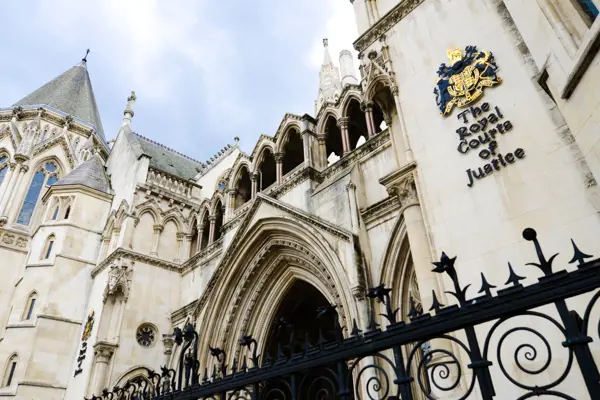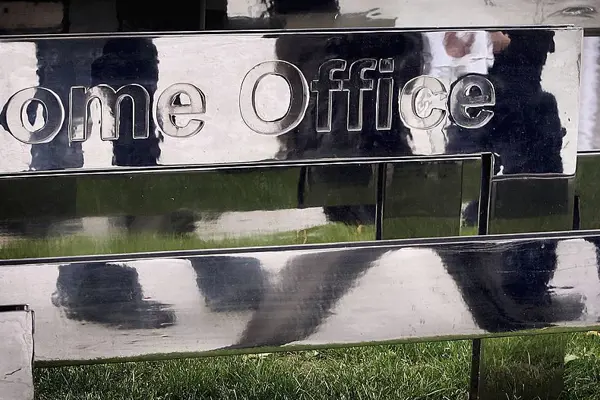
Zambian lead poisoning claimants win permission to appeal class action against Anglo American
The Johannesburg High Court has granted permission to appeal an earlier ruling denying class action certification for 140,000 women and children in Kabwe, Zambia.
Posted on 22 April 2024
On Friday 19 April, in a crucial step towards achieving justice for the children and women who allege lead poisoning caused by a former Anglo American lead mining operation in Kabwe, Zambia, the Johannesburg High Court granted permission to appeal an earlier judgment that dismissed certification of the class action.
In granting permission Justice Leonie Wendell found that an appeal against her earlier judgment had ‘reasonable prospects of success on at least one ground of appeal’ and that there were ‘compelling reasons to grant the appeal, as class action law is still being developed in South Africa’, and that ‘there are current matters of law of public importance which directly implicate constitutional rights’. The Kabwe claimants will now take their case against Anglo American South Africa (“AASA”) before the Supreme Court of Appeal of South Africa later this year.
This is a major step forward in the longstanding lead poisoning class action claim against AASA, a wholly-owned subsidiary of London headquartered Anglo American Plc. The December judgment effectively blocked access to justice for the people of Kabwe.
Kabwe was an Anglo American mine from 1925 to 1974. The evidence submitted to the court by the claimants in support of this claim is clear. From the early 1970s, reports by the mine doctors showed that several children had died of lead poisoning from the mine, and a high proportion of children in the local communities were suffering from massive blood lead levels.
Experts for the claimants also contend that the stability of lead in the environment was well known by the 1960s, and that the risk of lead poisoning to future generations should have been foreseen by Anglo American if the environment was bit cleaned up. The claimants allege that on economic grounds, Anglo American failed to heed advice from international experts in 1970 that the topsoil should be replaced.
However, Anglo American argues that it adhered to standards that were acceptable in the 1970s, that the risk to future generations were not foreseeable, and that the company is therefore not liable to current inhabitants of Kabwe.
The class action was filed in South Africa as it would not have been possible for the claimants to obtain access to justice in Zambia. Amnesty International and a number of United Nations agencies intervened at the certification hearing to argue that Anglo American’s opposition to the class action was contrary to the UN Guiding Principles on Business and Human Rights, Anglo American’s own human rights policy and publicly stated human rights commitments.
The Kabwe claimants are represented by law firm Mbuyisa Moleele Attorneys with Leigh Day acting as consultants. In a joint statement, Leigh Day partner Richard Meeran and Mbuyisa Moleele founding partner, Zanele Mbuyisa said:
Anglo American's arguments refuting its responsibility, indicate a shocking indifference to the tremendous and ongoing harm caused to generations of the Kabwe communities by its operations. This is a concerning stance from a company that claims to be “re-imagining mining to improve people's lives" through its Future Start Mining initiative It is also in stark contrast to the human rights principles to which Anglo American claims to subscribe, as set out in their Group Policies.”

India Macleod
India Macleod is a senior associate solicitor in the international department.

Kabwe lead poisoning Claimants remain committed to securing justice as they seek leave to appeal in case against Anglo American South Africa
Claimants have filed an application for leave to appeal a December judgment that dismissed the certification of a class action on behalf of an estimated 140,000 Claimants, effectively blocking their access to justice.


